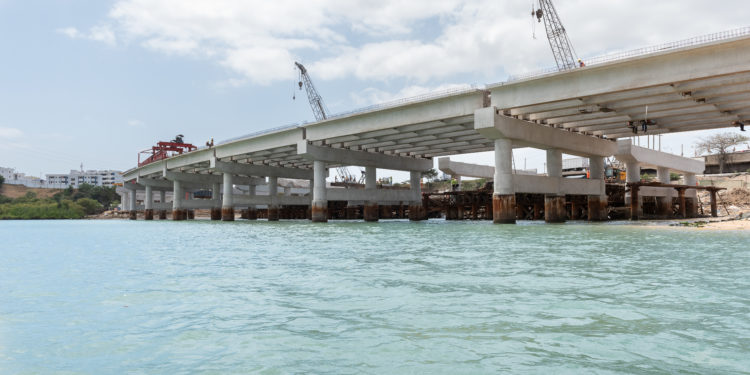Bamburi Cement Plc, a leading cement manufacturer in Kenya, announced Thursday it will cease production of Ordinary Portland Cement (OPC) starting Jan. 1, 2024, accelerating its commitment to providing greener building materials and reducing carbon emissions.
The move comes as the ongoing 2023 United Nations climate conference takes place in the United Arab Emirates. Bamburi said eliminating OPC production will allow it to meet its sustainability target of transitioning to 100% green products by 2025.
“Withdrawing OPC from the construction sector is critical to greening and decarbonizing the industry,” said Bamburi Cement Group Managing Director Mohit Kapoor. He added the change will affect production of the company’s Powerplus cement but said “alternative greener products” will prevent disruptions for customers.
Bamburi has introduced climate-friendly alternatives like its flagship Bamburi Duracem 42.5 product, which emits 64% less carbon dioxide than OPC, according to Fidelis Sakwa, the company’s head of innovation and technical services. Sakwa said Duracem cement was used for the Makupa Bridge construction in Mombasa, Kenya, reducing carbon emissions by 10 million kilograms compared to OPC.
Sakwa said Bamburi’s technical team has also consulted with contractors “on providing viable options including conducting project specific concrete mix designs with a lower carbon footprint.”
OPC production emits high levels of greenhouse gases and has traditionally been used for large construction projects. By comparison, Bamburi’s eco-labeled cements have assured builders of quality products that also reduce environmental impact, the company said.
Last November, Bamburi released four eco-labeled brands representing 30% fewer carbon emissions over pure OPC. In 2022, Bamburi also decreased its use of fossil fuels in cement kilns by 5.5% through waste co-processing and increased use of alternative raw materials like pozzolana, limestone and slag.


















